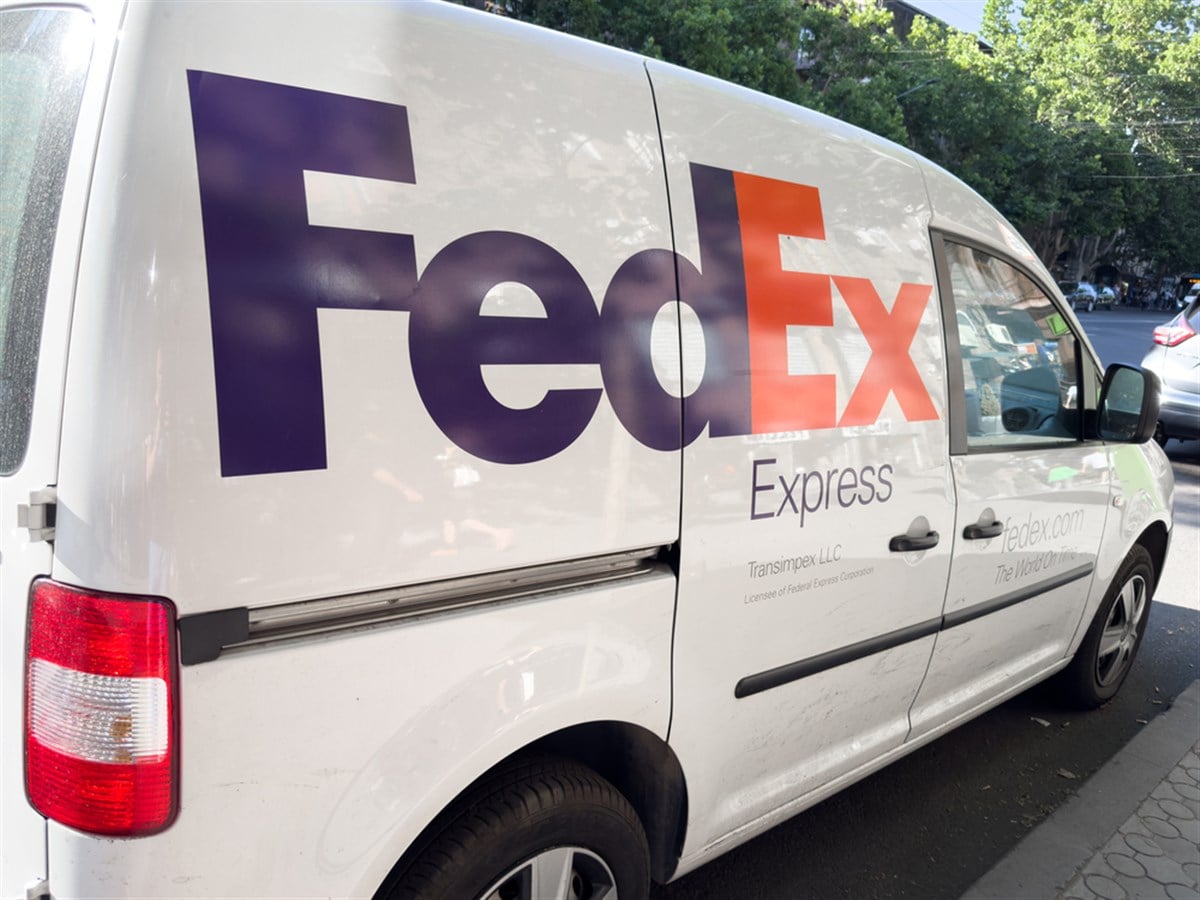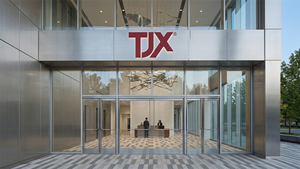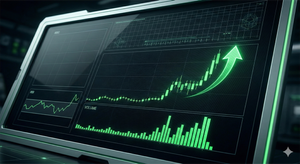
Wall Street analysts tend not to take unnecessary risks when rating and valuing stocks. If they become overly bearish or bullish, and their predictions turn out wrong, that’s a bonus they won’t be getting, and they even risk losing their jobs.
Now that analysts from different investment banks are rushing to boost price targets at FedEx Co. (NYSE: FDX), something big is in the works for the stock. After all, it isn’t just one bank boosting its ratings. Analyst upgrades can create a self-fulfilling prophecy as more market participants follow the price action, so you can safely assume that momentum will be on your side.
However, investing based on assumptions can be risky, so stick around to find out why a decent chunk of the market action could be headed into transportation stocks. Far from operating in a bubble, you will also answer the question “Why FedEx” and not other peers like XPO Inc. (NYSE: XPO) or even Saia Inc. (NASDAQ: SAIA).
FedEx Is in the Eye of the Storm
A significant shift is coming to the transportation industry, a trend you, too, can spot when digging into the latest quarter of data from the ISM PMI indexes. Within manufacturing PMIs, executives answered a survey saying, “We expect the rest of 2024 to be strong. We may increase our growth projections.”
If that doesn’t sound like a clear indication to start building your bullish case, then you may miss the train altogether. Likewise, the transportation industry pivoted into expansion for January and February after contracting in December. Catch the bottom much?
If you look at the services PMIs, you will see a similar trend in the transportation and warehousing industry, with accelerating expansion readings for the period of December through February.
Considering that FedEx is going to report its quarterly earnings soon, three months of bullish data for the sector will put the odds in your favor for a potential earnings beat.
The icing on the cake can be found in the latest employment situation report, where the U.S. economy added up to 275,000 jobs in February. 17,300 jobs went into the transportation and warehousing industry, specifically the couriers and messengers segment.
Representing nearly 10% of all jobs created in the month is not peanuts; both Wall Street analysts and hiring managers expect to see a wave of activity in the sector shortly.
A Discount You Can’t Refuse
FedEx is the second-largest name in the industry as a whole; remember this because it is a critical factor in this next piece of information.
Analysts expect the stock to expand its earnings per share (EPS) by as much as 20% in the next 12 months. This projection is in line with Saia’s projection for 19% and falls behind XPO’s more aggressive 37%. However, FedEx’s $64 billion market capitalization makes all the difference.
Its size would mean that a 20% EPS bump would raise the current $17.6 EPS to $21.1, a $3.4 bump. If you multiply that $3.4 bump by FedEx’s current 14x P/E valuation, you could expect a rally of up to $48 a share!
Bank of America Co. (NYSE: BAC) bumped its price target on FedEx to $334 a share, calling for a 31% rally. Their price targets are even higher than the $48 implied rally. FedEx’s valuation today is the lowest in the sector, so its EPS growth will have to come accompanied by a valuation expansion.
A 36x P/E means XPO stock is now 150% more expensive than FedEx, so analysts see up to 15% downside in a $105.8 price target today. Saia, in its industry-leading EPS growth percentage, trades 150% more expensive than FedEx with its 36x P/E, all while analysts think the stock could fall by 17% given their $482 share price target.
Knowing what you know now, would it be surprising to learn that analysts at J.P. Morgan Chase & Co. (NYSE: JPM) and Barclays (NYSE: BCS) also boosted FedEx’s price targets to a respective $305 and $310 a share? Wall Street’s biggest names recognize the discount in the stock today, and so should you.
One last point of affirmation before you go: insiders have been buying the stock since December. Remember that the industry (per the PMI trends) hit bottom in December, making this a clear indication of the best being yet to come; insider trades history at FedEx shows more than $300,000 worth of stock bought by directors in the company.







